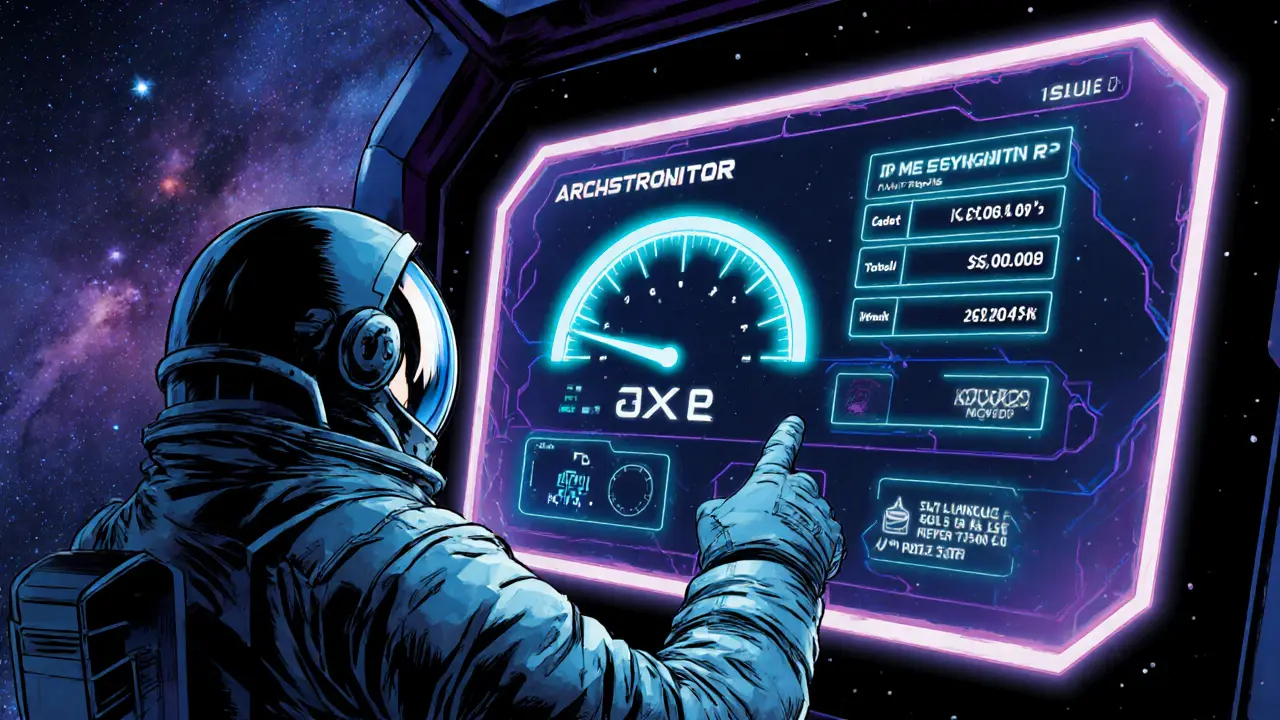Unisat Wallet: Your Gateway to Bitcoin Ordinals and Crypto Airdrops
When working with Unisat wallet, a browser‑based Bitcoin wallet that lets you store, send, and interact with Ordinals, DeFi tokens, and airdrop rewards. Also known as Unisat, it bridges the gap between on‑chain collectibles and everyday transactions.
If you want a fast, secure way to manage Bitcoin Ordinals, Unisat wallet is the tool you need. It works as a browser extension, a lightweight add‑on that isolates private keys from web pages while exposing a clean UI for token interactions
Key Entities That Shape the Unisat Experience
The core of Unisat’s appeal is its deep integration with Bitcoin, the original proof‑of‑work cryptocurrency that secures the network and powers the Ordinals protocol. By supporting Bitcoin natively, Unisat lets you view and transfer Ordinals without needing a separate chain. Ordinals, a protocol that inscribes data directly on satoshis, turning each satoshi into a unique collectible appear as regular Bitcoin outputs, so the wallet can treat them like any other UTXO while still showing the artwork or metadata attached.
Another entity that frequently shows up in the Unisat ecosystem is the crypto airdrop, a distribution event where projects send free tokens to eligible wallets to boost awareness and liquidity. Unisat’s built‑in claim button makes airdrop participation almost frictionless: the wallet reads the on‑chain snapshot, verifies eligibility, and executes a claim transaction in a single click. Because the wallet already holds the private key, users avoid the risky “copy‑paste address” step that many other wallets require.
Security for Unisat wallet relies on two main pillars: extension isolation and optional hardware wallet integration. The extension sandbox prevents malicious web pages from reading key material, while a hardware wallet connection moves signing operations off the browser entirely. This dual approach follows the classic security model: Security relies on isolation and external verification. In practice, you enable the hardware mode, plug in a Ledger or Trezor, and the wallet hands over the signing request, so the private key never touches the computer’s memory.
Beyond the basics, Unisat also supports token listings from popular DeFi platforms. When a new token appears on a DEX, the wallet can automatically detect it, display price data, and let you add it to your watchlist. This feature ties into the broader DeFi ecosystem, where token listings, liquidity pools, and airdrop campaigns often intersect. For example, when a new DeFi token launches an airdrop, Unisat can surface that event in the “Airdrop” tab, letting you act quickly before the allocation window closes.
Putting these pieces together, you can see three clear semantic triples at work:
- Unisat wallet enables Bitcoin Ordinals to be displayed in‑app.
- Crypto airdrops target Unisat wallet users because the wallet simplifies claim flows.
- Security relies on extension isolation and hardware integration.
These relationships explain why the wallet has become a go‑to choice for collectors, traders, and airdrop hunters alike.
Now that you understand the main entities—Unisat wallet, Bitcoin, Ordinals, airdrops, and DeFi token listings—you’re ready to explore the detailed guides below. Each article dives deeper into setup steps, security best practices, claim procedures, and real‑world examples, giving you the practical knowledge to get the most out of your Unisat experience.

